Hubert Ogunde, (born 1916, Ososa, near Ijebu-Ode, Nigeria—died April 4, 1990, London, Eng.), Nigerian playwright, actor, theatre manager, and musician, who was a pioneer in the field of Nigerian folk opera (drama in which music and dancing play a significant role).
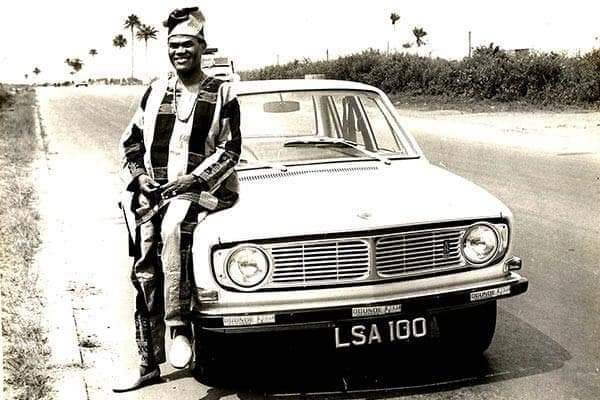
He was the founder of the Ogunde Concert Party (1945), the first professional theatrical company in Nigeria. Often regarded as the father of Nigerian theatre, Ogunde sought to reawaken interest in his country’s indigenous culture.
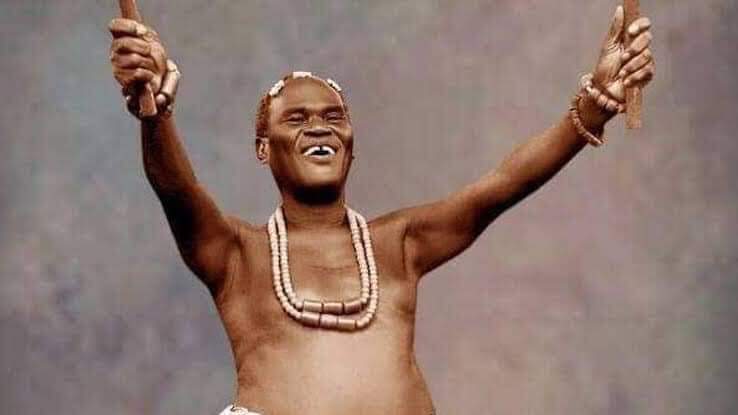
Ogunde’s first folk opera, The Garden of Eden and the Throne of God, was performed with success in 1944 while he was still a member of the Nigerian Police Force. It was produced under the patronage of an African Protestant sect, and it mixed biblical themes with the traditions of Yoruba dance-drama. His popularity was established throughout Nigeria by his timely play Strike and Hunger (performed 1946), which dramatized the general strike of 1945. In 1946 the name of Ogunde’s group was changed to the African Music Research Party, and in 1947 it became the Ogunde Theatre Company.
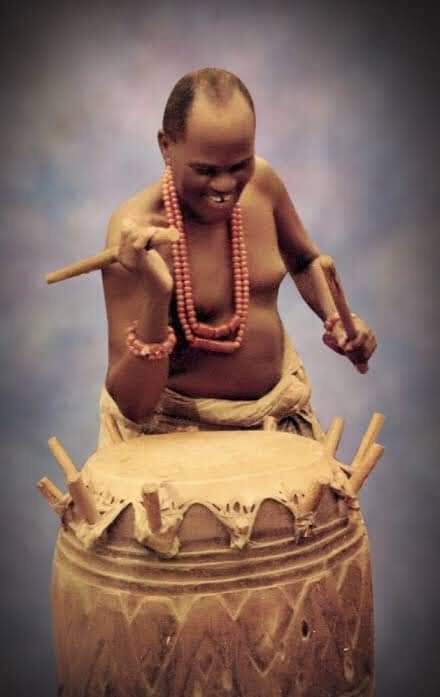
Many of Ogunde’s early plays were attacks on colonialism, while those of his later works with political themes deplored interparty strife and government corruption within Nigeria. Yoruba theatre became secularized through his careful blending of astute political or social satire with elements of music hall routines and slapstick.
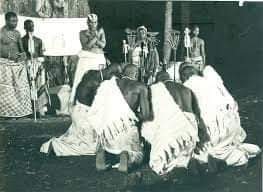
Ogunde’s most famous play, Yoruba Ronu (performed 1964; “Yorubas, Think!”), was such a biting attack on the premier of Nigeria’s Western region that his company was banned from the region—the first instance in post-independence Nigeria of literary censorship. The ban was lifted in 1966 by Nigeria’s new military government, and in that same year the Ogunde Dance Company was formed. Otito Koro (performed 1965; “Truth is Bitter”) also satirizes political events in western Nigeria in 1963. An earlier play produced in 1946, The Tiger’s Empire, also marked the first instance in Yoruban theatre that women were billed to appear in a play as professional artists in their own right.

Ogunde’s technique was to sketch out the basic situation and plot, and then write down and rehearse only the songs of his plays. The dialogue was improvised, thus allowing the actors to adjust to their audience. The plays produced by his company usually reflected the prevailing political climate and interpreted for audiences the major issues and the aspirations of those in power.
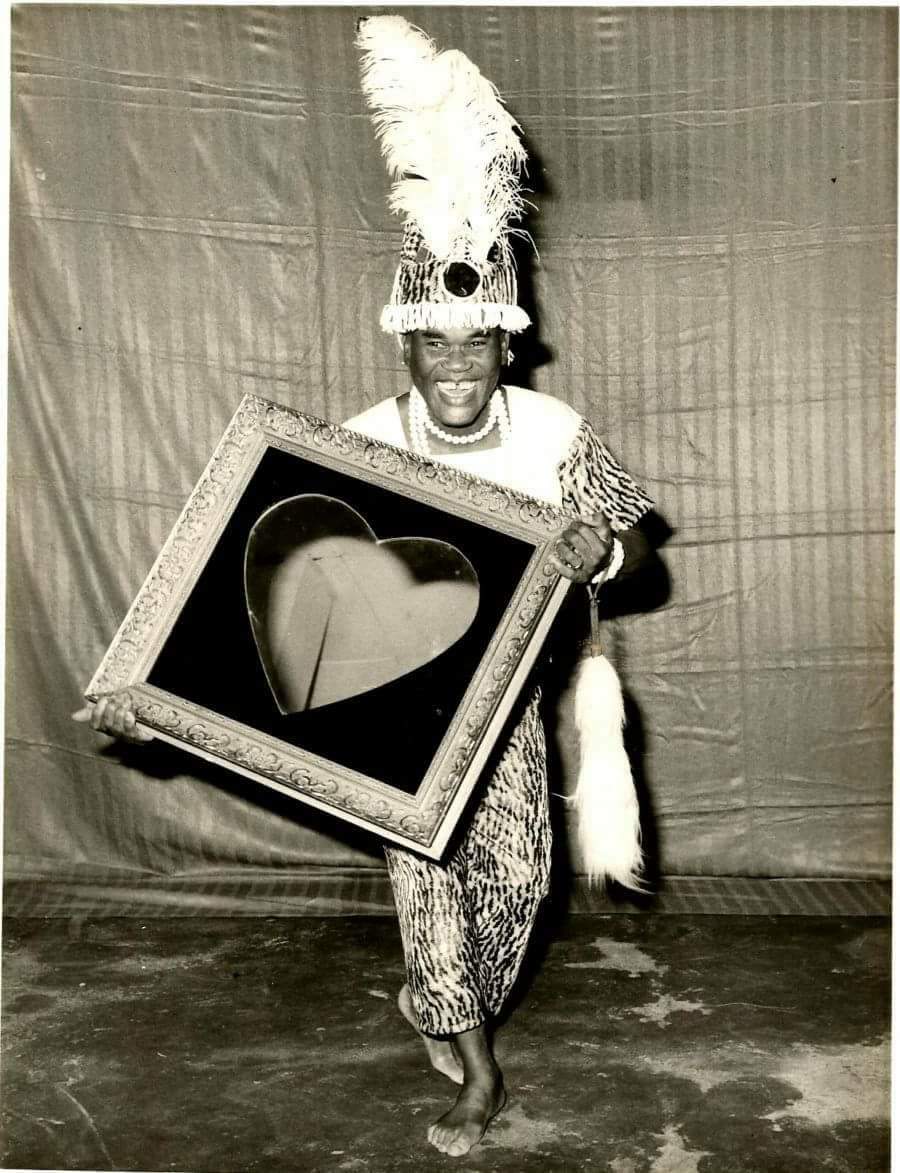
His company performed with equal ease in remote villages and in metropolitan centres of Nigeria (as well as throughout West Africa). Many of Ogunde’s later folk operas were basically popular musicals featuring jazzy rhythms, fashionable dance routines, and contemporary satire. Through this format, he set an example for a successful commercial theatre and prepared audiences all over Nigeria for his followers. During the 1960s and ’70s his plays became an important part of the urban pop culture of West Africa.
© Britannica




